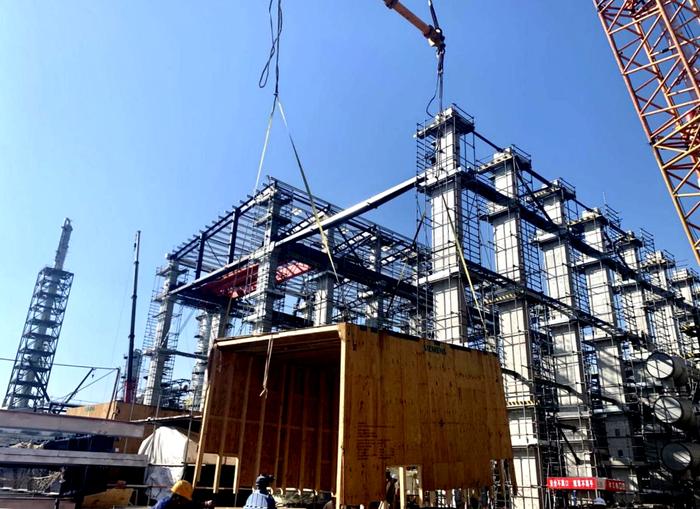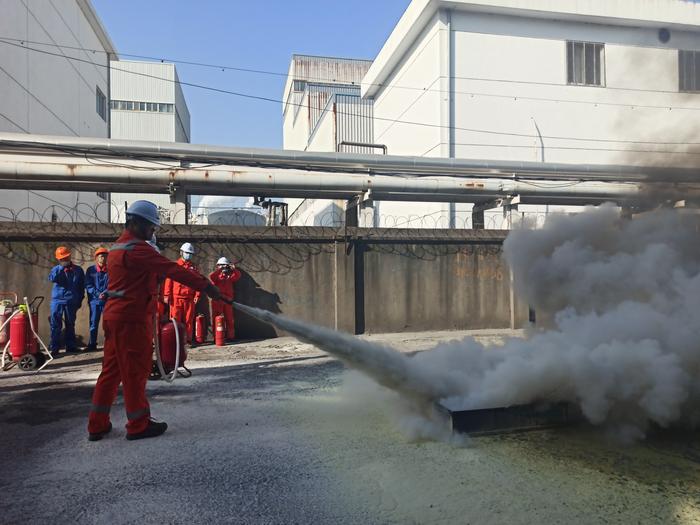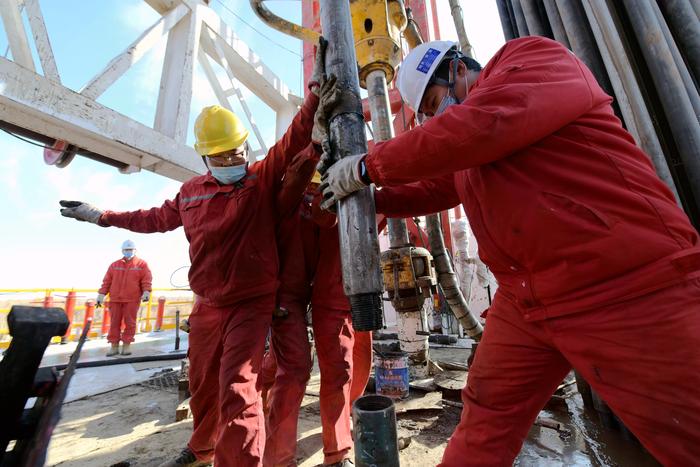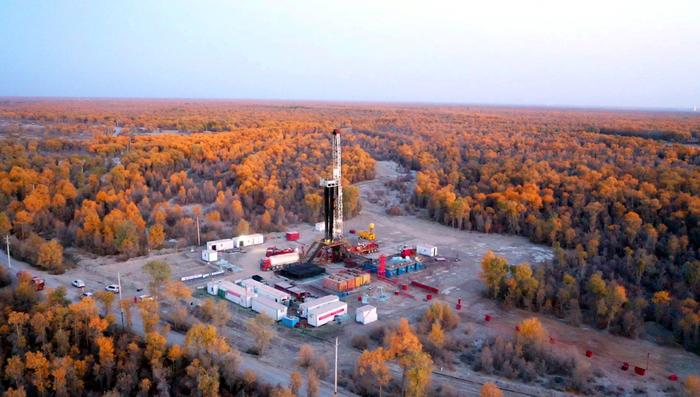|
| 2020-11-12 来源: 中国石化新闻网 |
| 石化新闻 |
中国石化新闻网讯 据11月9日LNG Industry报道,GlobalData称,受新冠肺炎疫情影响,经济前景疲软,导致油气价格下跌,液化天然气需求减弱,导致液化天然气出口商重新审视其2020年的战略和资本支出计划。 液化天然气公司被迫寻找短期合同,因为获得长期供应合同已成为一项挑战。这进而影响了项目融资,导致了几个液化天然气项目的最终投资决定推迟(FIDs)。此外,对当前经济前景预期的悲观情绪,正促使液化天然气公司在做出投资决定前犹豫不定。 GlobalData的石油和天然气分析师Haseeb Ahmed评论道:“液化天然气运营商的主要策略之一是削减2020年的总体资本支出。埃克森美孚、荷兰皇家壳牌公司和雪佛龙公司今年的支出都降低到了最初计划支出的三分之一左右。” GlobalData指出, 伍德麦肯兹公司削减2020年资本支出的决定导致了澳大利亚Pluto液化天然气2号生产线项目FID的推迟。Energy Transfer公司的Lake Charles项目的FID已经被推迟到2021年。投资的延迟不仅阻碍了项目的进展,还可能延长公司实现收支平衡所需的时间。 Ahmed补充称:“由于疫情蔓延,液化天然气行业在短时间内遭受了重大损失,这已经威胁到几家中小型液化天然气公司的生存。削减资本支出或推迟FID等措施只能是短期解决方案。为了能够长期维持,液化天然气公司需要制定应对未来挑战的战略。除了利用中国和印度等亚洲国家日益增长的需求外,提高供应链效率、投资物联网和数据分析等技术是这些公司可以依赖的战略。” 王佳晶 摘译自 LNG Industry 原文如下: Reduced LNG demand delays FIDs Weak economic outlook fuelled by the COVID-19 pandemic has led to a fall in oil and gas prices and weakening LNG demand, prompting LNG exporters to revisit their strategies and CAPEX plans for 2020, says GlobalData. LNG companies have been forced to look for short-term contracts as securing long-term supply contracts have become a challenge. This has, in turn, impacted project financing and resulted in financial investment delays (FIDs) of several projects. Moreover, the skepticism around the current economic scenario is causing LNG companies to think twice before making investment decisions. Haseeb Ahmed, Oil and Gas Analyst at GlobalData, comments: “One of the go-to strategies for LNG operators has been downsizing overall CAPEX for 2020. ExxonMobil, Royal Dutch Shell Plc, and Chevron Corporation have all taken off around a third of their initially planned expenditure for this year.” According to GlobalData, Woodside’s decision to downsize its CAPEX spending for 2020 has led to the delay in FID of Pluto LNG Train 2 project in Australia. The FID of Energy Transfer LP’s Lake Charles project has been delayed until 2021. The investment delays may not only hamper the progress of projects, but they could also extend the time taken for companies to break-even. Ahmed adds: “The LNG sector has undergone significant losses in a short span due to the pandemic, which has threatened the existence of several small to mid-scale LNG companies. Measures such as reducing capex or delaying FIDs could only be short-term solutions. To be able to sustain in the long run, LNG companies need to work on strategies to tackle any future challenge. Increasing supply chain efficiency and investing in technologies such as internet of things (IoT) and data analytics are some strategies that these companies can rely on – apart from leveraging on increasing demand from Asian countries such as China and India.” |








